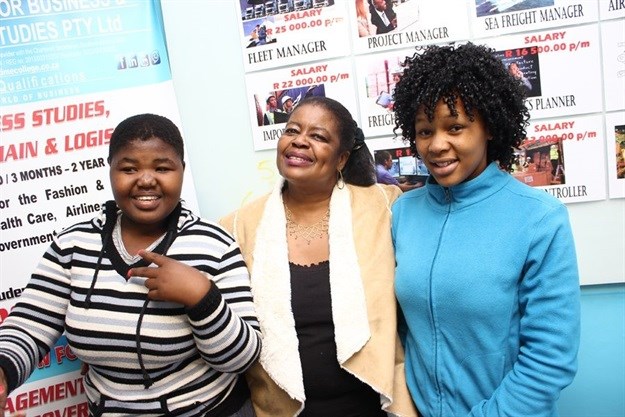
Related
Top stories






More news


Marketing & Media
Ads are coming to AI. Does that really have to be such a bad thing?














Seasoned educationalist and majority shareholder at the College for Business and Maritime Studies, Winnie Moses disagrees with lowering the pass rate further. “We need a country of competitive and intelligent youth. By agreeing to lowering pass rates again, will mean the harbouring of growth by promoting laziness and ‘just getting by’ attitudes. We need to look at what the States is doing in their under-performing school systems and it’s called disruptive learning. It is taking the education system by storm and producing results like no other,” she said.
According to Moses, disruptive learning is not as simple as chalk boards and a ‘one size-fits-all’ approach. Moses said that this new form or method of teaching children involves innovation and the use of technology. “Disruptive learning makes learning fun. It immerses children in a world in which they thrive with the use of smart devices such as cell-phones and tablet computers. The need for text books is gone, as all books can be digitally stored and accessed from a tablet. The internet has provided education at a click of a mouse. Schools need to capitalise on this and make internet-based education accessible,” she added.

One of the main aspects of disruptive learning is creating a dynamic learning environment that results in a better retention of knowledge and nourishes critical thinking from learners. Experts agree that disruptive learning is the key to change the youth for the better in SA.
“From a tertiary education perspective, we at CBMS have been involved with disruptive learning since last year. In a few months, our students were more engaged. More focused. In fact, last year, more than 70% of our graduates were placed in jobs. Disruptive learning creates opportunities. We cannot lower pass rates and expect a change in our pupils. SA is ready for a change in the education system,” she said.